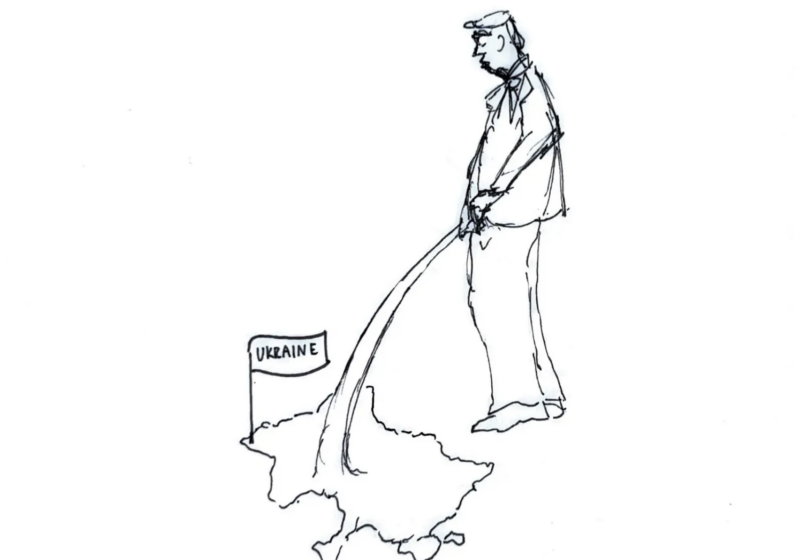UR Symphony Orchestra’s concert last Saturday wore its message on its sleeve. As emphasized in a speech by director and conductor Rachel Waddell, the concert dealt heavily with immigration and the immigrant experience, noting in the programme that “many of us, or our ancestors, once had to make the brave leap to leave their own homes to come to a strange new world.”
The concert consisted of two pieces: Antonín Dvořák’s popular earworm “New World Symphony” and Cole Porter’s widely unknown ballet “Within the Quota.” The only recording of the latter piece is held in a museum in Stockholm, Sweden.
The orchestra’s rendition of Porter’s ballet included a dance choreographed by Missy Phohl Smith, performed by sophomore Kristien Bolar-Byrd, senior Michelle Koduah, and alumna Hannah Zhang.
The ballet began with a menacing low-key build up, which felt out of line with the excited, giddy choreography that initially accompanied it, depicting soon-to-be migrants waiting to depart. The choreography later became despairing enough to match the music, as the protagonist, Immigrant #13, played by Zhang, is separated from her friends. Immigrant #13 then meets different social misfits in America. It’s a testament to the performances of Bolar-Byrd and Koduah that I was never confused at the character changes. I always knew when they were dancing as a new character. The sincerity of the atmosphere that a full orchestra creates helped allow me to throw myself into the experience. Despite the performance’s minimalist nature (just three dancers, lights, and short, makeshift stage in front of the actual stage, where the orchestra was), its conclusion felt epic.
I talk very little about the orchestra itself because it does the work such justice that it is easy to overlook the players’ admirable skill.
The performance of Dvořák’s “New World Symphony” did everything it was there to do.
The first movement, like that of the Porter ballet, had a tension build-up, but a much more in-your-face one. Rather than the frightening, uneasy nature of the “Within the Quota” opening, the “New World” introduction feels adventurous. As I watched it, I felt like I should be watching a pirate movie. (I mean boats and yo-ho-ho, not illegal streaming.)
The second movement was more hopeful and soothing. I felt like I could have fallen asleep to it, but in a good way. The third movement sounds rather ominous but is a barrel of fun to listen to, plus I’m pretty sure John Williams used on of its motifs for his masterpiece “Duel of the Fates.”
The fourth movement is the one that, if you started humming when you read “New World Symphony,” you’re humming right now. This is the part that consistently sticks in my head, which I happily allow. It ended in a satisfying musical avalanche that left me with a spring in my step as I left the theater.





